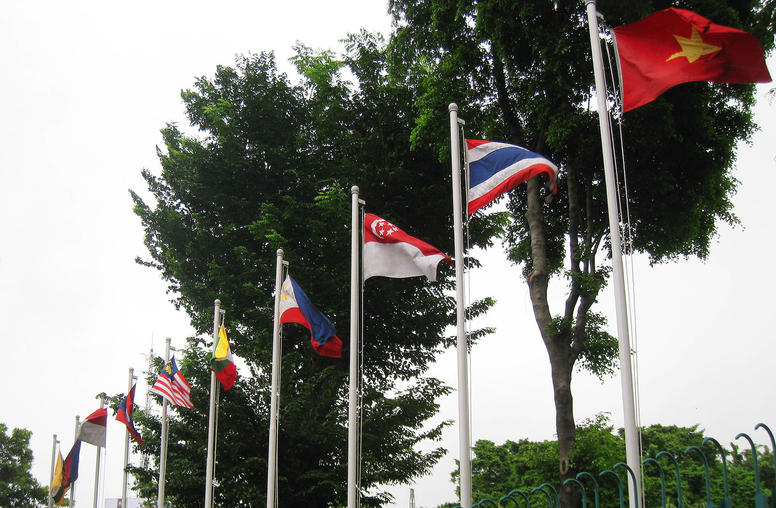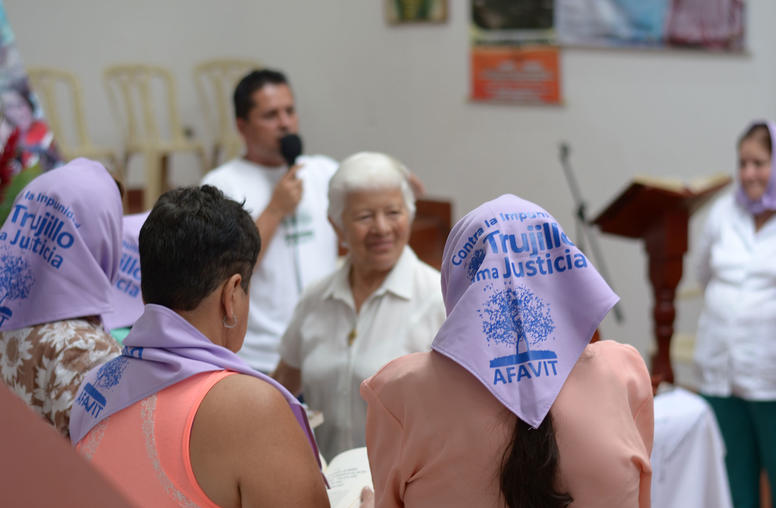 Philippines
Philippines
The Philippines — an archipelago of more than 7,000 islands that was once a U.S. colony and is now a U.S. treaty ally — faces challenges to internal stability and sits at the crosshairs of geopolitical contestation in the Western Pacific. With decades of experience in the Philippines, USIP programming has expanded rapidly since 2022 along three lines: ground-level support to local partners implementing the Comprehensive Agreement on the Bangsamoro, which is the greatest opportunity for sustainable peace in Mindanao in generations; convening dialogues on key issues for the U.S.-Philippines alliance; and support for national efforts to mainstream peace education, including in the Bangsamoro Autonomous Region in Muslim Mindanao.
Featured Publications

A Rising Philippines Faces a Crucial Year Ahead
By virtue of its geography alone, the Philippines is arguably Southeast Asia’s most strategically important country. Yet its actual influence has tended to lag its potential due to decades of socioeconomic struggle and internal instability, especially in its restive southern island of Mindanao. In recent years, however, the Philippines has rapidly emerged as one of the most consequential countries in the Indo-Pacific, driven in large part by President Ferdinand Marcos’ transformative policies on national security, defense and foreign relations.

The Indo-Pacific’s Newest Minilateral Emerges
Last week, Philippines President Ferdinand Marcos Jr. stepped foot in the Oval Office for the second time in a year. Joining Marcos this time was Japanese Prime Minister Fumio Kishida, the leader of the United States’ most important ally in Asia and, arguably, the world. The Philippines has long been among a second rung of regional allies, so this first-ever trilateral summit marks Manila’s entrance as a leading U.S. ally working to maintain order and prevent Chinese revisionism in East Asia.

Vikram Singh on the U.S.-Japan-Philippines Trilateral Summit
The United States, Japan and the Philippines are holding their first-ever trilateral summit this week. China’s “unprecedented” pressure and aggression over maritime claims will top the agenda. “There’s a fairly clear resolve … to not just let China bully its way to changing the status quo in the region,” says USIP’s Vikram Singh.
Current Projects

Southeast Asia in a World of Strategic Competition: An Essay Series
Great power rivalry between the United States and China is frequently described in bilateral terms, with regions of the world — including Southeast Asia — merely serving as arenas of competition. But this framing ignores the agency of third countries in managing the risks and opportunities presented by this competition. To explore these countries’ agency and the corresponding policy options, this USIP essays series includes contributions from 10 Southeast Asia-based experts. Each essay provides one country’s perspective on how the members of the Association of Southeast Asian Nations (ASEAN) perceive and respond to strategic competition between the United States and China.

Religious Women Negotiating on the Frontlines
In recent years, peace processes — such as the track 2 intra-Afghan negotiations — have shown that on both a moral and practical level, women’s inclusion is essential. Women’s involvement in peace processes increases their likelihood of success and longevity and can increase legitimacy. While more literature on women contributing to mediation and negotiation efforts is slowly being produced, little attention is currently being paid to the already existing work of women who employ their faith and mobilize religious resources for peacebuilding.